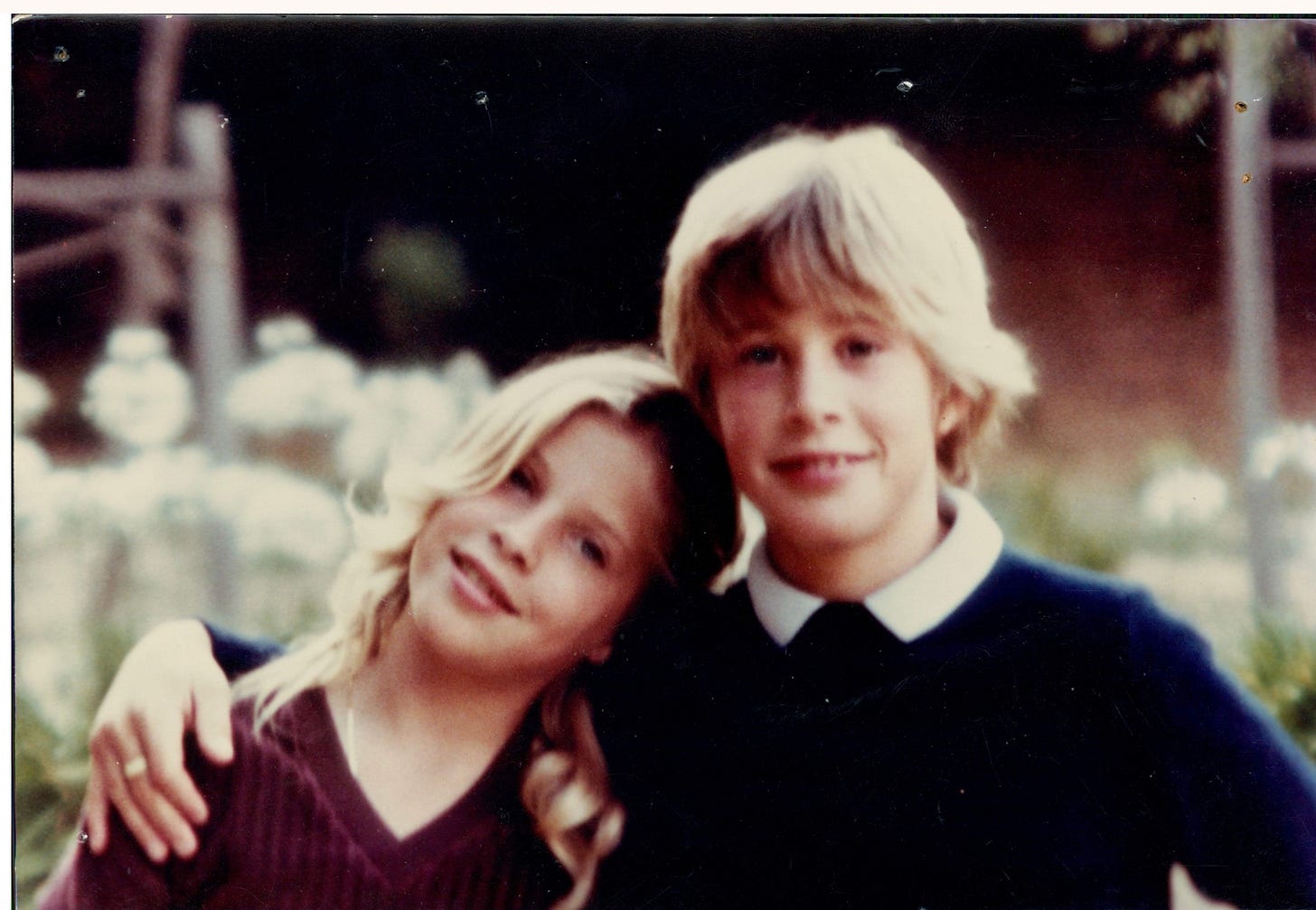Gravity, Oxygen & Time
Aging is a function of physics and physiology - and so it goes.
Aging is an intrinsic part of the human narrative, a biological journey that each of us undertakes from the moment of birth. Yet, in our modern era, we are inundated with an array of fads and marketable solutions promising to halt or reverse this inexorable process. From elixirs derived from obscure herbs in distant mountains to diets that require almost monastic discipline, society chases the illusion of perpetual youth. But perhaps it is time to step back and consider the fundamental forces at play—time, gravity, and oxygen—elements so deeply woven into the fabric of the universe that they remain beyond our capacity to mitigate.
Time, in its relentless progression, is the silent chronicle of existence. On a cellular level, time manifests through the shortening of telomeres—the protective ends of our chromosomes. Each cellular division erodes these caps slightly, leading to senescence when they become too short. This biological clock ticks within us all, indifferent to our desires or interventions. It is a reminder that life is transient and that the temporality of our existence is a fundamental characteristic of the human condition.
Gravity, a force as old as the cosmos itself, subtly influences the aging process in ways we often overlook. It continuously acts upon our bodies, pulling on our skin and skeletal structures. Over decades, this results in the sagging of skin, the compression of vertebral discs, and a general shift in posture. Gravity is a constant companion, guiding rivers to the sea and planets around stars, and it leaves its signature upon us with every moment we remain bound to the Earth.
Oxygen is the paradox of life—a molecule essential for survival yet contributing to our aging through oxidative stress. The very process that allows us to extract energy from food also produces free radicals and unstable atoms that can damage cells, proteins, and DNA. This oxidative damage accumulates over time, like a slow rusting from within. While antioxidants in our diet can offer some defense, the fundamental chemistry remains unaltered.
Acknowledging these immutable forces reveals a profound understanding: the quest to conquer aging is, in many ways, a pursuit to transcend the basic laws that govern reality. Instead of attempting the impossible, perhaps wisdom lies in embracing strategies that enhance the quality of the time afforded to us.
Physical activity emerges as a cornerstone of healthy aging. Exercise stimulates cellular repair mechanisms, improves cardiovascular health, and promotes neurogenesis—creating new neurons in the brain. It is an active engagement with our biology, fostering resilience against the declines typically associated with advancing years. Do you take walking meetings? Have a stand up desk? Try to integrate exercise into your life.
Sleep serves as the body's natural restoration period. During sleep, the brain consolidates memories, the immune system is bolstered, and metabolic waste is cleared from neural pathways. It is a daily reprieve where the body and mind undergo essential maintenance, underscoring the importance of rest in our overall well-being. Don’t underestimate this one. Are you getting at least 7 hours a night? Maybe set an alarm clock to go to bed?
Human connection is perhaps one of the most significant yet underestimated factors. As inherently social creatures, our interactions contribute to psychological health and have tangible physiological benefits. Social bonds can reduce stress, enhance immune function, and even correlate with increased longevity. It is through others that we often find purpose and meaning, elements that are intangible yet vital to the human experience. Embracing adversity from within promotes social nutrition. Arey you in a book club or have a regular gathering with friends where levity and vulnerability exist?
Nutrition plays a pivotal role in managing the effects of oxygen and oxidative stress. A diet rich in whole foods—fruits, vegetables, whole grains, and lean proteins—provides the nutrients necessary to support bodily functions and combat free radicals. It is not about restrictive regimens but about nourishing the body in a balanced and sustainable manner. Fiber is the unsung hero. Are you getting more that 30g of fiber per day?
In synthesizing these insights, we confront a fundamental truth: aging is not an adversary to be defeated but a reality to be understood and embraced. The forces of time, gravity, and oxygen are integral to the universe's operation and, by extension, to our existence within it. Our focus, therefore, should shift from futile resistance to thoughtful adaptation.
By cultivating habits that promote physical health, mental clarity, and social connectivity, we align ourselves with the natural order rather than opposing it. This approach does not promise immortality, but it does offer a path to a life of depth and fulfillment.
Perhaps the measure of our years is less significant than the richness of our experiences and the wisdom we acquire along the way. Embracing the simple things, with all its inherent challenges and inevitable changes, may ultimately be the most profound expression of what it means to be human.
It’s worth remembering that everyone who has ever lived has died. So live while you’re alive :)
You can’t stop the wind with your hands (old Italian proverb)






Awww